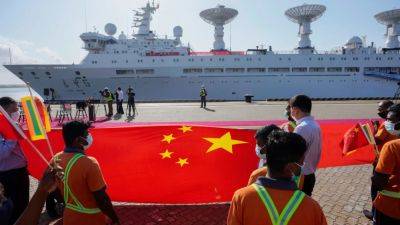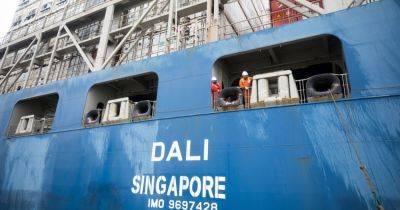Enter Kazkhstan in the rare earth race
With China controlling some 70% of the world’s production of rare earth elements (REE), Western powers are upping their investment in non-Chinese sources to hedge against potential supply disruptions. Increasingly, they see Kazakhstan as a possible major new source of the critically important materials.
In a previous life, I headed up KPMG’s M&A group in Central Asia. I told investors at the time (circa 2011) that while China possessed 53% of the world’s known deposits and supplied 97% of global demand, in time, Kazakhstan could be in the same league as China in extracting value from such REEs as scandium, yttrium and the fifteen lanthanides used in computers, turbines, and cars.
Governments and investors, then enamored of China, failed to evince much interest in Kazakhstan as a major supplier.
But the geostrategic worm has since turned. In view of the stakes, it’s high time the United States and Europe got serious about investing in long-term capital-intensive mining projects. Of the 17 heavy and light REEs, the United States, according to the USGS’ 2022 Commodity Report, imports 100% of its consumption of two of them – yttrium and scandium – and more than 90% of its consumption of the remaining 15.
Europe is also highly dependent on Chinese REEs. To produce magnets, for example, Europe imports 98% of its rare earth minerals from China. Europe’s concern over this state of affairs led it to conclude a Memorandum of Strategic Partnership with Kazakhstan in 2022.
Mining REEs is an expensive and risky business given the high cost of exploration and extraction, low mineral concentration levels and long production horizons – sometimes of up to ten years.
That may account for why the Mountain Pass Rare Earth Facility in







